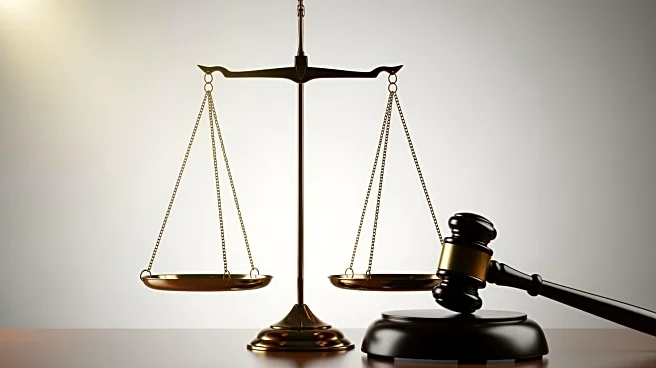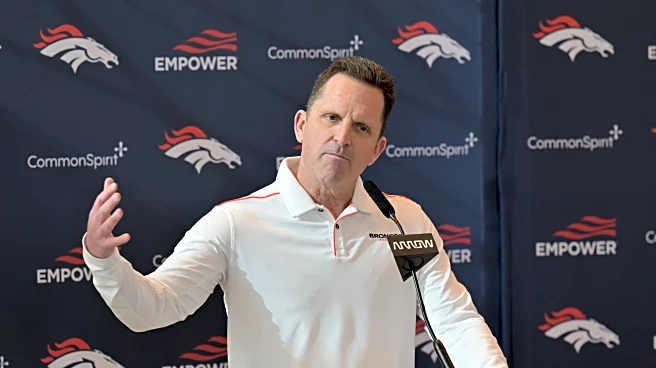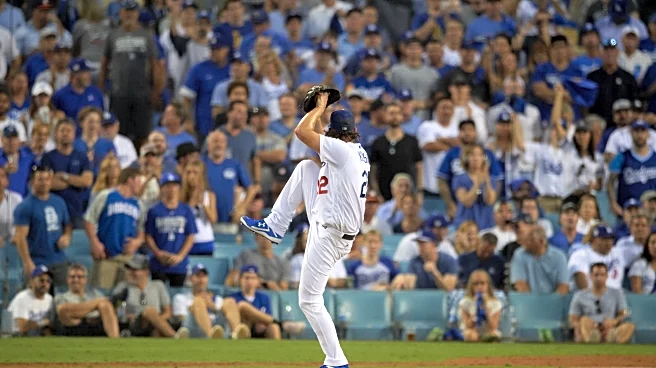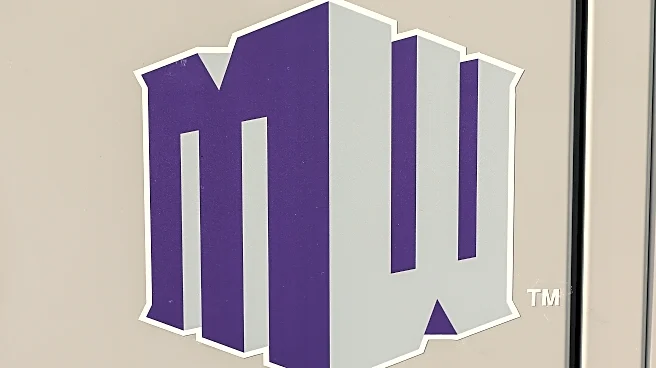What's Happening?
Recent court decisions have significantly limited the National Labor Relations Board's (NLRB) authority to award expanded remedies beyond traditional equitable relief. Historically, the NLRB provided remedies such
as reinstatement and back pay for employees affected by violations of the National Labor Relations Act (NLRA). However, a 2022 decision in Thryv, Inc. allowed the NLRB to compensate for broader pecuniary harms, including credit card interest and legal fees. This expansion was challenged by two recent appellate court decisions. The Fifth Circuit Court of Appeals ruled in Hiran Management v. NLRB that the Thryv decision conflicted with longstanding practices, while the Sixth Circuit in NLRB v. Starbucks found the NLRB exceeded its authority by awarding damages beyond back pay. These rulings align with a previous Third Circuit decision but conflict with a Ninth Circuit ruling that upheld the NLRB's expanded authority.
Why It's Important?
These court decisions have significant implications for labor relations and employer-employee disputes in the U.S. By restricting the NLRB's ability to award expanded remedies, the rulings could limit the financial liabilities of employers in labor disputes. This may affect how unions and employees approach negotiations and litigation, potentially reducing the leverage they have in seeking broader compensatory damages. The decisions also highlight a growing circuit split, which could lead to a Supreme Court review to resolve the discrepancies in interpreting the NLRB's authority under the NLRA. Employers may need to adjust their legal strategies in light of these rulings, particularly in ongoing or future NLRB cases.
What's Next?
The current federal government shutdown has temporarily halted NLRB operations, but once reopened, administrative law judges will resume hearings. Employers involved in NLRB cases are likely to use these recent court decisions to challenge attempts to impose non-equitable damages. The circuit split increases the likelihood of the issue reaching the Supreme Court, which could provide a definitive ruling on the NLRB's remedial powers. Additionally, if the NLRB regains a quorum, it may revisit and potentially overturn the Thryv decision, affecting the landscape of labor law and employer liabilities.











